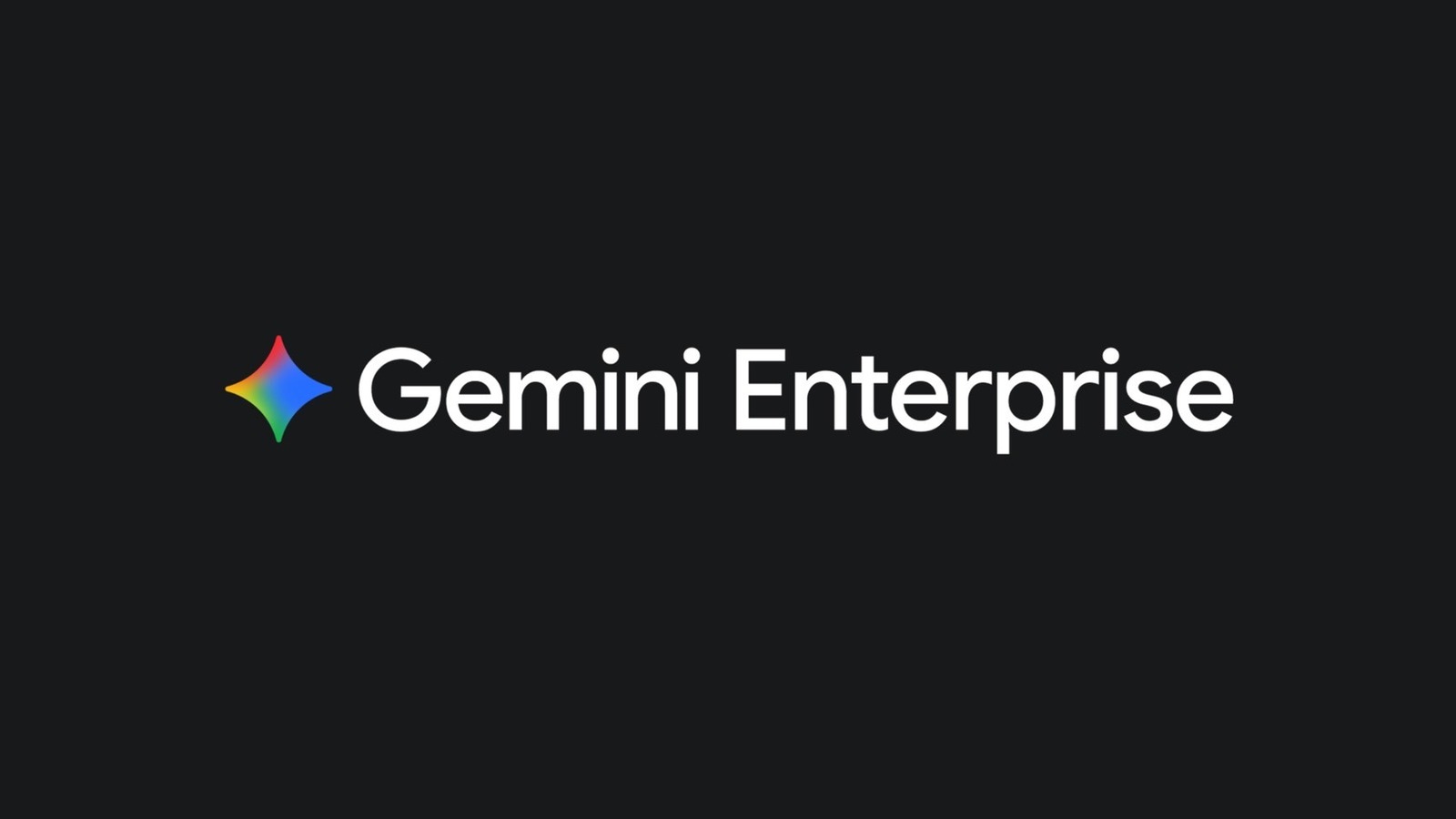In Singapore, a government-funded artificial intelligence model can converse in 11 languages, from Bahasa Indonesia to Lao. In Malaysia, ILMUchat, built by a local construction conglomerate, boasts that it “knows which Georgetown you’re referring to” – that is, the capital of Penang and not the private university in the US. Meanwhile, Switzerland’s Apertus, unveiled in September, understands when to use the Swiss German “ss” and not the German-language character “ß”.
Around the world, language models like these are part of an AI arms race worth hundreds of billions of dollars mostly driven by a few powerful companies in the US and China. As giants such as OpenAI, Meta and Alibaba plough vast sums into developing increasingly powerful models, middle powers and developing countries are watching the landscape carefully, and sometimes placing their own, expensive bets.
Those bets are all part of a trend loosely called “sovereign AI”, in which governments around the world, from the UK to India to Canada, are developing their own AI technologies and attempting to define their place in the emerging ecosystem.
But with hundreds of billions of dollars in play globally, can smaller investments secure meaningful gains?
“While US-based companies and the US government and China are able to essentially blitzkrieg their way into AI dominance, it’s harder for smaller powers, middle powers,” says Trisha Ray, a resident fellow at the Atlantic Council, a US strategy thinktank.
“Unless you’re a rich government or a big company, it’s quite a burden to build an LLM from scratch.”
Defence concerns
But many countries are unwilling to rely on foreign AI to supply their needs.
The second-largest market for OpenAI users globally, India has registered over a hundred million downloads of ChatGPT in the past few years. But, says Abhishek Upperwal, founder of Indian developer Soket AI, there are numerous examples of US-built AI systems falling short. An AI agent deployed to teach students in a remote village in the state of Telangana speaks English in a strong, nearly-incomprehensible US accent, while an Indian legal startup recently tried to adapt Meta’s LLaMa AI model for its clients, only to find the model delivered a useless hash of hybridised US-Indian legal advice, says Upperwal.
Then there’s the national security issue. For India’s defence ministry, the Chinese model DeepSeek, says Upperwal, is off the table: “It could have some random training dataset that might say that, oh, Ladakh is not part of India … Utilising that particular model in a defence setup is a big no-no.
“I have spoken to people who are in defence,” says Upperwal. “They want to use AI, but, forget about DeepSeek, they don’t even want to rely on [US] OpenAI-type systems because data might go outside the country, and that is absolutely not OK with them.”
Soket AI is one of a handful of companies attempting to build a national LLM for India with the support of India’s government-funded IndiaAI Mission, which has committed roughly $1.25bn to AI development. Upperwal envisions a model significantly smaller than leading models from US and Chinese tech companies, one roughly the size of some releases from French AI company Mistral.
AI researchers have long argued that significant resource investment – including in chips and computing power – is necessary to push the frontier of the technology and achieve AGI – artificial general intelligence – the elusive endpoint of the AI arms race. Upperwal says India will have to make up for the funding gap with talent.
“Being in India, we don’t have the luxury of pouring billions of dollars into it,” he says. “How do we compete versus say the $100 or $300 or $500bn US dollars that the US is pumping in? I think that is where the core expertise and the brain game comes in.”
In Singapore, AI Singapore is the government initiative that backs SEA-LION, the family of language models trained in south-east Asia’s regional languages, which are often poorly represented in US and Chinese LLMs, including Malay, Thai, Lao, Bahasa Indonesia, Khmer and others.
Leslie Teo, senior director of AI Singapore, says these models are designed to complement larger models, as opposed to replacing them. Systems such as ChatGPT and Gemini, he says, often struggle with regional languages and culture – speaking in stilted, overly-formal Khmer, for example, or recommending pork-based recipes to Malaysian users. Building regional-language LLMs allows local governments to code in cultural nuance – and at least be “smart consumers” of a powerful technology developed elsewhere.
“I’m very careful with the word sovereign. I think what we’re trying to say is we want to be better represented and we want to understand the capabilities” of AI systems, he says.
Multinational cooperation
For countries trying to find their place in an intensifying global market, there’s another possibility: team up. Researchers affiliated with the Bennett School for Public Policy at Cambridge recently proposed a public AI company distributed among a consortium of middle-income countries.
They call the initiative Airbus for AI, in reference to Europe’s successful play to build a rival to Boeing in the 1960s. Their proposal would see the creation of a public AI company that would combine the resources of different countries’ AI initiatives – it names the UK, Spain, Canada, Germany, Japan, Singapore, South Korea, Spain, France, Switzerland and Sweden – to create a competitive rival to the US and Chinese giants.
Joshua Tan, the lead author of a paper setting out the initiative, says the idea has attracted the attention of AI ministers of at least three countries so far, along with several sovereign AI companies. While it is now focused on “middle powers”, developing countries – Mongolia and Rwanda among them – have also expressed interest, he says.
“Nowadays, I think it’s just a fact there’s less trust in the promises of this current US administration. People are asking like, can I still depend on any of this tech? What if they decide to turn it off?” he says.
Tan’s proposal is optimistic about the potential for multinational cooperation. But others say that even a coordinated, multi country strategy risks wasting valuable taxpayer money on an initiative that will ultimately fall short.
“I wish the people who are building these [sovereign] AI models were aware of just how far and just how fast the frontier is moving,” says Tzu Kit Chan, an AI strategist who advises the government of Malaysia.
“What’s the cost? The cost to governments having a bad strategy of building this roadmap for their own sovereign AI models is that they waste a ton of money.”
A better strategy, says Chan, would be for governments like Malaysia to spend the same money on developing stronger regulations around AI safety – as opposed to competing with international products that have already won the market.
“Walk the streets of Malaysia, go to Kuala Lumpur, find a finance-bro-looking-person, ask them what model they’re using,” he says.
“Eight out of 10, I bet they’re not using the sovereign AI models. They’re saying, ChatGPT or Gemini.”










